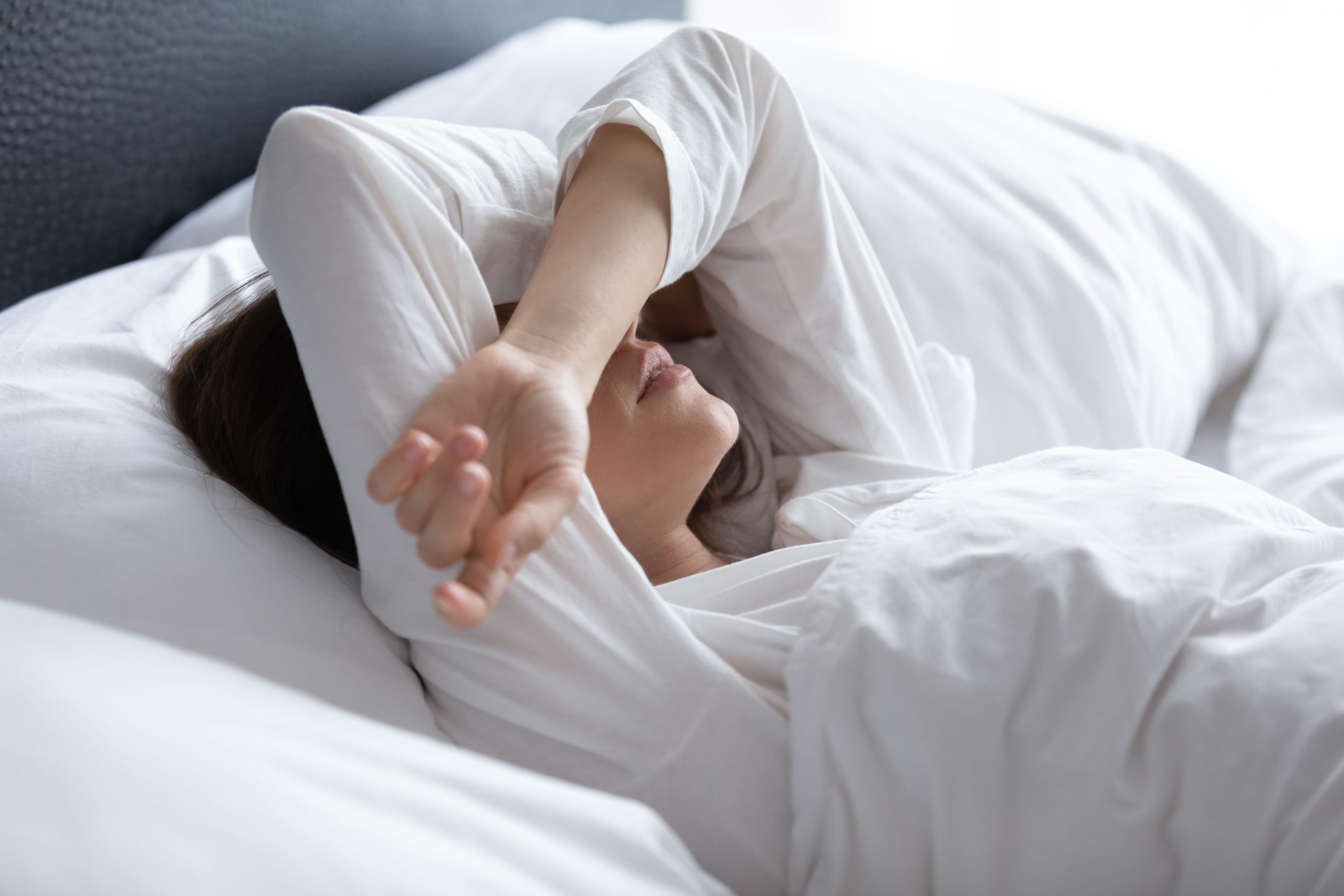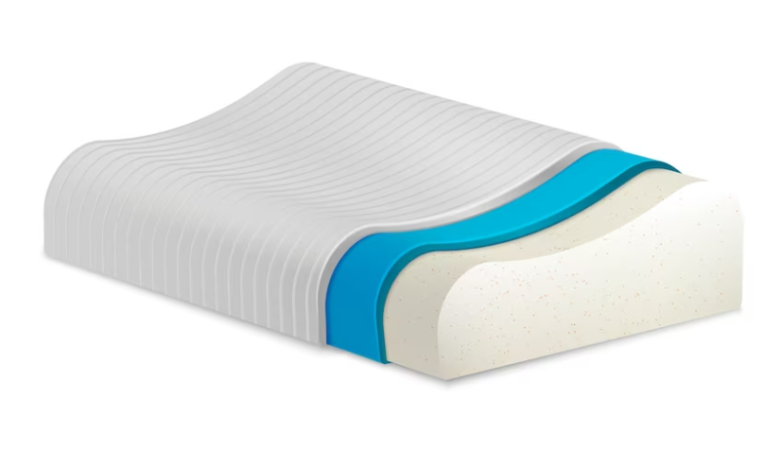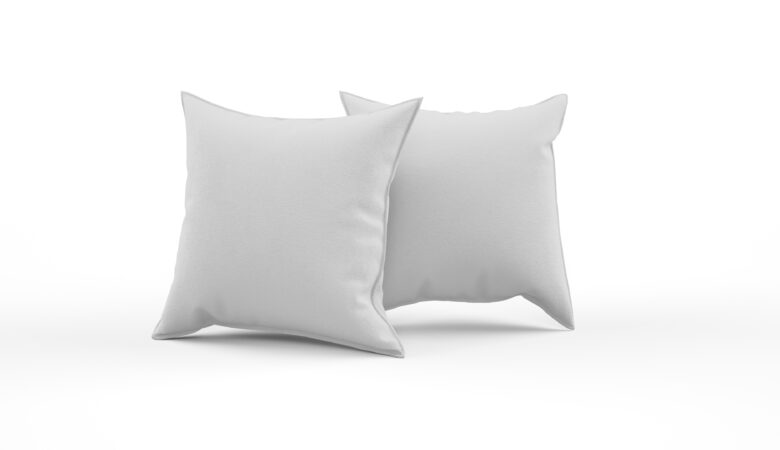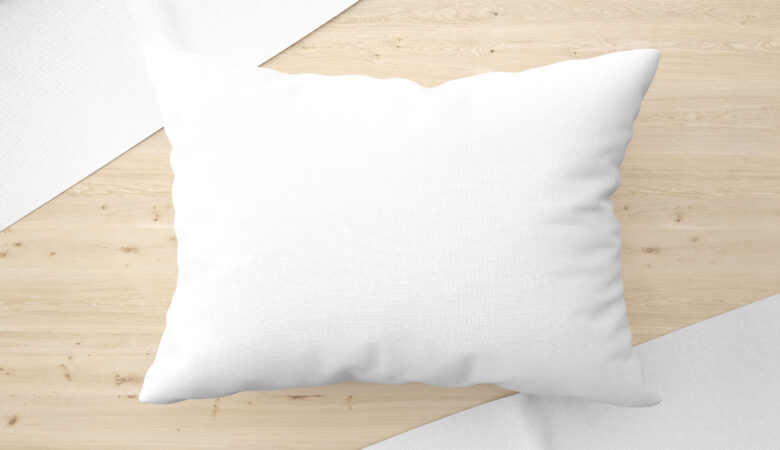Sleep is essential – to the point that it is as important as breathing, drinking water, and eating. Sleep is important for maintaining good physical and psychological health. Sleep helps us heal and recover from physical and mental tiredness.
One-third of the adult population often complains of sleep deprivation due to many reasons – and it is affecting their mental and physical health. Mental health problems are on the rise due to our busy work schedules and social lives, as well as other factors like the ongoing pandemic, unhealthy habits, etc. In this article, we will explore what is the impact of sleep on mental health.
Relationship between sleep and mental health
Why is sleep important for mental health? It is no secret that sleep plays a crucial role in a good physical and psychological state. Deprivation of sleep can leave you feeling irritable and exhausted within a short time, but it can have serious long-term health consequences also. Lack of sleep is linked to a variety of negative health consequences including heart conditions, type 2 diabetes, depression, etc. Some psychiatric conditions can also cause sleep problems. Such sleep disturbances may exacerbate the symptoms of many mental conditions including depression, anxiety, and emotional disorder.
Research suggests that the link between sleep and your mental state is complex. While sleep has long been known to be a consequence of the many psychiatric conditions, more modern views suggest that sleep can even play a causal role in both the event and maintenance of various mental health problems.
In other words, sleep problems can result in changes in the psychological state, but psychological state conditions may worsen problems with sleep. Lack of sleep may trigger the onset of certain psychological conditions, although researchers don’t seem to be completely certain of the underlying reasons for this. Thanks to this circular relationship between your sleep patterns and your condition, it’s important to speak to your doctor if you are having problems falling or staying asleep through the night.
Mental Health Problems due to lack of sleep
Bipolar Disorder
Bipolar disorder is a condition that involves moods that can go to extremes, which may be both high (mania) and lows (depression). A person’s feelings and symptoms are quite different depending on the sort of episode. However, both manic and depressive periods can cause major impairment in the standard of living. In people with major bipolar disorder, sleep patterns change considerably looking at their emotional state. During manic periods, they sometimes feel less sleepy, but during depressed periods, they will sleep excessively. Sleep disruptions often continue when someone is between episodes. Research has found that several people with mental health issues experience changes in their sleep patterns before the onset of an episode.
Mood changes
Insomnia and other sleep problems may be a symbol of depression, but more recently, research has implicated lack of sleep in actually causing depression. Similarly, as with many other psychological conditions, the connection between sleep and anxiety appears to travel in both directions. People with anxiety tend to experience more sleep disturbances, but experiencing sleep deprivation can even contribute to feelings of tension. This could become a cycle that perpetuates both sleep and anxiety issues. Additionally, sleep problems show to be a risk factor for developing anxiety disorders.
Coping with feelings of hysteria and sadness will be far more difficult once you are tired from chronic sleep disturbances. Thanks to this, poor sleep can make the symptoms of mood disorders much worse. However, even otherwise healthy people can experience bad mental state effects of poor sleep. As an example, one study found that little sleep deprivation led to an increase in anxiety and distress levels in healthy adults. So while you may not whether or not you normally don’t experience a good deal of tension, poor sleep may leave you feeling agitated and distraught. Sleep improves mental health, whether it is a temporary problem or a long-term one.
Stress
If you think that stress is the reason for your sleep deprivation, you are not the only one. Loss of sleep cripples most adults. There can be different kinds of stress factors like work, family, responsibilities, studies, health-related stress, etc, which can have effects like hyperactivity, reduced sleep duration, decreased REM sleep and delta power, and so on. All these eventually lead to poorer quality sleep. Sleep deprivation symptoms like impaired memory, poorer mood regulation, can then, in turn, lead to more and more stress.
Weaken Your Immunity
While we sleep, our body repairs itself and rejuvenates. If we are facing a lack of sleep, our body usually does not get time to cope up with the repairs needed every day. This not only harms our physical health, but it also decreases our immunity and takes away our body’s immunity to fight off various illnesses.
Ways in Which Lack of Sleep And Mental Health Issues Can Be Improved
Find an expert
There are a few things you can do at home to get better sleep, but it is always advisable to seek help from sleep and mental health expert to find a solution to the problem that is tailor-made for you, as everything does not work on everyone. All treatments are not fit for all.
Treatments and Therapies
A type of cognitive-behavioral therapy for treating insomnia has proven its usefulness in tackling the cycle of sleep problems and mental health conditions. This treatment involves making people aware of sleep and targets to change their sleep-related behaviors and thought processes in a controlled setting.
Lifestyle Changes
Sleep hygiene and mental health are closely related. What you consume throughout the day, every day can affect your sleep. Stimulants like coffee and tea can make it harder to sleep, and a spicy, oily, or sugary meal close to snoozing time can make sleep uncomfortable and also short. Alcohol might knock you to sleep faster, but it decreases the quality of sleep later and you wake up suddenly. Exercising during the day is also a good way to get sleep at night.
How Livpure can help people in getting a sound sleep.
Now we know that sleep improves mental health. To get that good dose of sleep, one must create an environment conducive to sleep. How do you do that? Let Livpure help you. Enjoy the benefits of sound sleep on our mattresses that are built for long, pain-free sleep. Choose a mattress according to your need – memory foam, latex, high resilience foam, etc. Not only that, Livpure gives you the option to build your entire bedroom for sleeping – from blackout curtains, pillows, bedsheets, etc.
Conclusion
Now we know how to come out of stress and depression through sleep, there is no turning back and living the stressed life again. Practice good sleep hygiene and seek help to stay away from any mental and physical health problems to live a full, joyous life!








